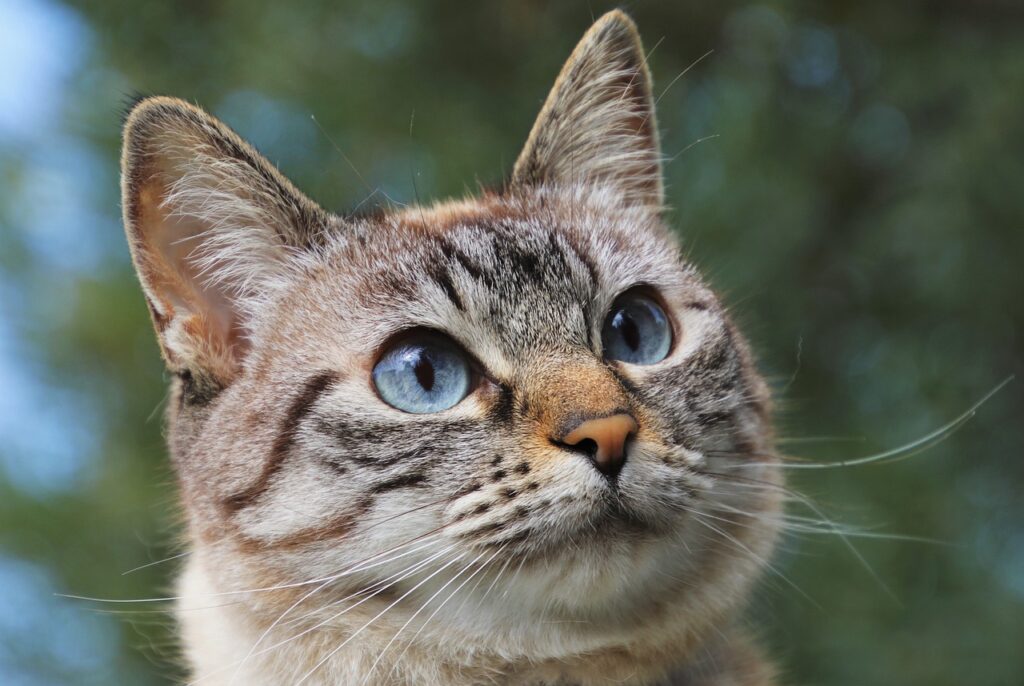Can Cats Eat Pistachios? – No, They Can’t
Cats and pistachios aren’t a match made in heaven, to put it straightforwardly. While pistachios aren’t toxic to cats, they’re also not recommended. This is mainly because cats have different digestive systems than humans, and what’s tasty and nutritious for us could be hard for them to process. Furthermore, pistachios have a high fat content, which can lead to an upset stomach or more serious health concerns in felines.
Is It Safe for Kittens to Consume Pistachios?
When it comes to kittens, their digestives systems are even more sensitive than those of adult cats. So, feeding pistachios to kittens is definitely not advisable. Their little bodies are not meant to process nuts, and pistachios can cause digestive upset or blockages in these tiny creatures.
Risks Associated with Feeding Pistachios to Kittens
For kittens, the risks are higher due to their smaller size and less developed digestive systems. The fats in pistachios could cause gastrointestinal issues, and there’s a choking hazard as well. A kitten’s health could be compromised by the ingestion of pistachio shells, which are tough and indigestible.
Why Pistachios are Not Recommended for Cats
Potential Choking Hazard
Pistachio shells can be a choking risk for cats. Even if they manage to get the shell off, the pistachio itself might still be hard for a small cat to swallow properly.
High Fat Content
Pistachios contain a significant amount of fats. While these fats aren’t harmful to humans in moderation, cats’ bodies aren’t built to process such a high level of fat, which can lead to obesity or pancreatitis.
Risk of Aflatoxin Poisoning
Pistachios are susceptible to a type of mold that produces aflatoxin. This toxin can cause severe illness in cats if consumed, even in small amounts.
Known Health Issues in Cats from Consuming Pistachios
If a cat consumes pistachios, it may experience digestive disturbances ranging from mild to severe. Symptoms could include vomiting, diarrhea, and lethargy. More severe, though less common, repercussions include pancreatitis from high fat intake and aflatoxicosis due to moldy nuts.
What to Do If a Cat Has Consumed Pistachios?
- Monitor the Cat: Keep an eye on your cat for any signs of discomfort or distress. If they’re acting normal, chances are they’ll be okay.
- Contact Your Vet: If you notice any symptoms like vomiting or diarrhea, call your vet right away.
- Prevention: The best action is preventive; keep pistachios out of paw’s reach to prevent any issues in the first place.
Safe Alternatives to Pistachios for Cats
Rather than nuts, opt for cat-safe treats or small amounts of cooked meat like chicken or turkey. These foods are more aligned with a cat’s dietary needs and lack the risks associated with pistachios.
Conclusion
In summary, stick to safe and healthy treats specifically designed for cats’ unique dietary needs, and steer clear of pistachios. Their health and happiness will thank you for it!



